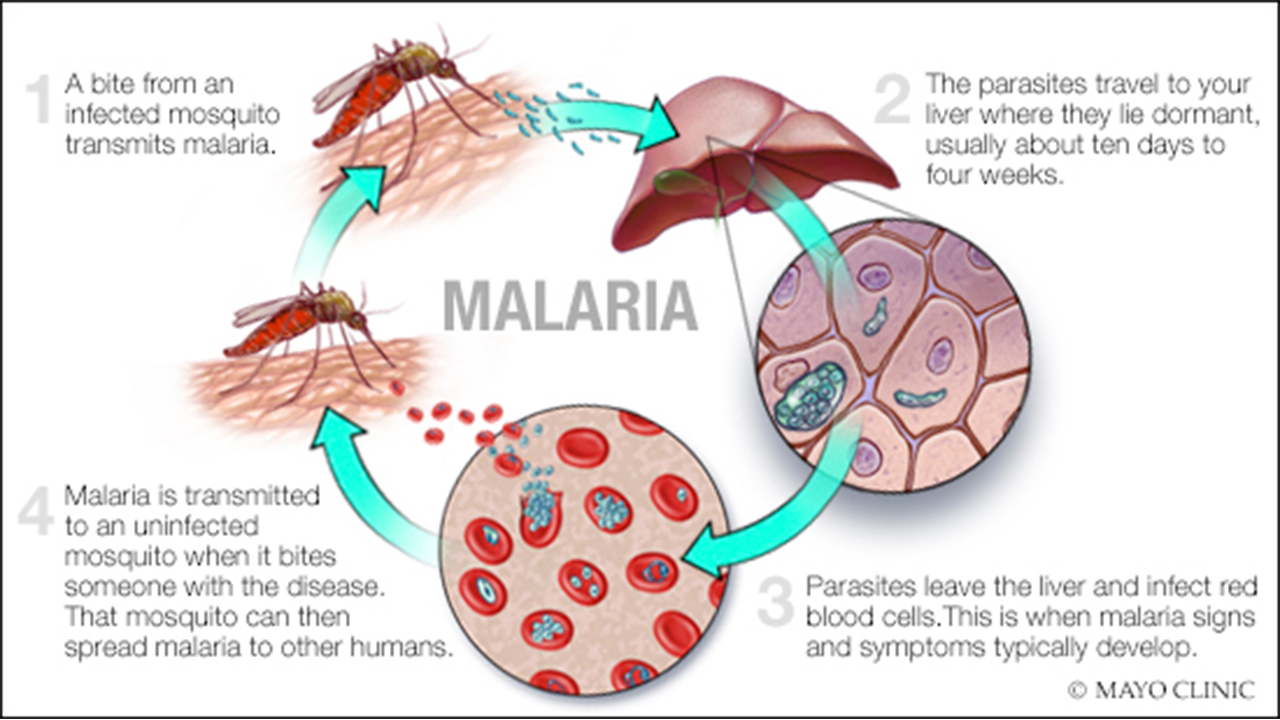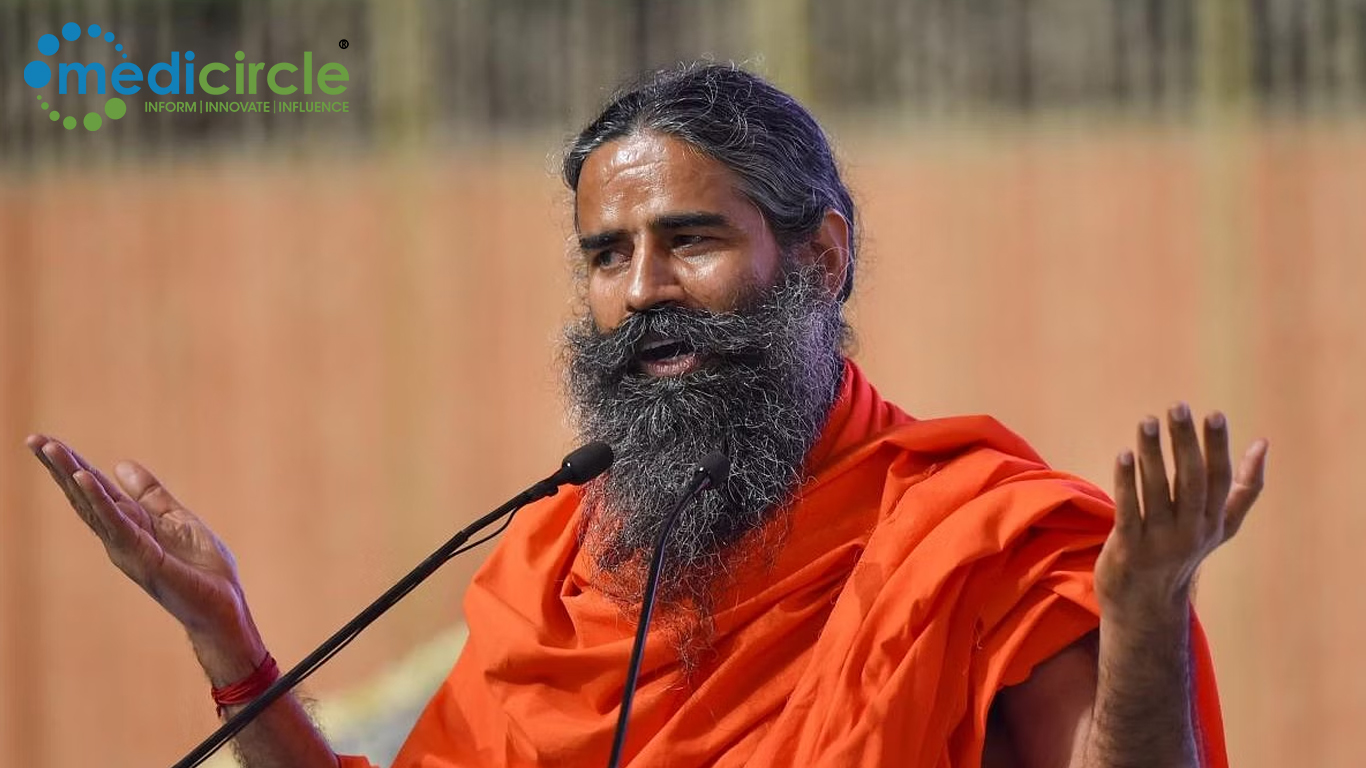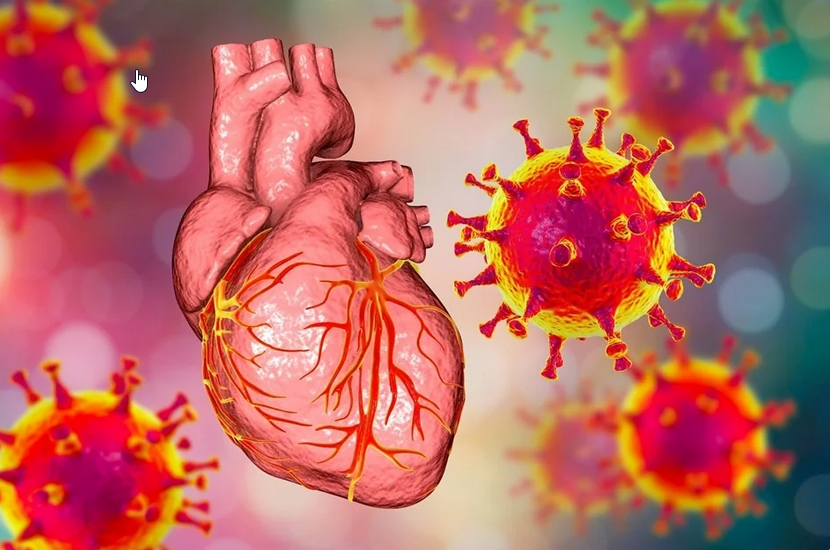A first-of-its-kind study reveals malaria spending in 2016 totaled $4.3 billion globally, far short of the annual funding target of $6.6 billion set by the World Health Organization.
“A persistent challenge remains as funds are stagnating,” said Dr. Joseph Dieleman, a senior author on the study, health economist, and assistant professor at the Institute for Health Metrics and Evaluation (IHME) at the University of Washington School of Medicine. “More resources are needed. This is particularly evident in the poorest countries, especially as they seek to control, or even eliminate, the disease.”
An increase of more than 50% in resources is needed annually to bridge the considerable $2.3 billion gap and meet the WHO target.
Dieleman emphasized that the first-of-its-kind study fills a major gap in understanding spending on malaria globally. Published today in the international medical journal The Lancet Infectious Diseases, the analysis provides comprehensive and comparable estimates of total spending on the disease, and also tracks government, out-of-pocket, and donor spending.
“These estimates empower donors, including government agencies, corporations, foundations, and philanthropists, as well as each country’s national malaria control program, to evaluate how best to fill crucial gaps between current financing and fast-approaching global targets,” he said.
The study spans from 2000 to 2016 and covers 106 countries organized into three groups: malaria control countries, malaria elimination countries, and countries that eliminated the disease after 2000. Malaria control countries are those seeking to aggressively control the disease in high-burden areas, whereas malaria elimination countries have formally declared, or are strongly considering, an evidence-based goal to halt malaria transmission nationally.
Researchers found malaria funding sources shifted substantially over the 17-year study period. Government expenditures accounted for more than half (55.3%, or $643 million) of global malaria spending in 2000, but constituted a much smaller share in 2016 at 28.2% ($1.2 billion). By comparison, government spending accounted for 60.1% of global spending for HIV/AIDS the same year in the 106 countries in the study.
Conversely, development assistance for malaria was a major driver of overall growth in malaria spending between 2000 and 2016, increasing 18.0% per year. At $2.4 billion in 2016, development assistance represented more than half (56.5%) of total malaria spending that year, up from 14.7% ($171 million) in 2000.
While development assistance for malaria accounted for more than $10 billion in total spending between 2000 and 2010, it plateaued in recent years, with 2018 levels virtually unchanged since 2010. To sustain progress, study authors noted funding above current levels of development assistance for malaria is needed.
“We are 11 years away from the date set by the United Nations for ‘ending the epidemic’ of malaria,” lead author Annie Haakenstad said. “The world is watching, and unless more financial resources emerge, that goal will represent a great lost opportunity.”
Additionally, the study exposes wide variations in malaria spending across the 106 countries, depending on whether countries were seeking to control the spread of the disease or eliminate it. Between 2000 and 2016, nearly $30 billion was spent on malaria in the 47 control countries, representing the bulk (72.8%) of total spending globally on the disease. $2.6 billion was spent in these countries in 2016 alone.
Findings demonstrate that as malaria incidence declines toward zero, government financing becomes by far the largest source of financing. In 2016, governments in elimination countries contributed a larger share (47.9%) of malaria spending than those in control countries (28.3%).
Additional findings include:
The United States government has been the largest source of malaria funding since 2008, with a contribution of $876 million in 2018 alone.
In terms of disbursements, the largest shares of development assistance for malaria in 2018 were distributed through the Global Fund ($1.0 billion, or 42.6% of the total) and US bilateral aid agencies including the President’s Malaria Initiative ($374 million, or 15.5% of the total).
The share of malaria spending sourced out-of-pocket declined from 26.4% ($307 million) in 2000 to 13.0% ($556 million) in 2016, and is highest in countries with the largest malaria burden.
Between 2000 and 2016, a quarter ($10.1 billion) of total malaria spending occurred in the 41 eliminating countries, with $854 million expended in 2016 alone.
In 2016, malaria spending in control countries was $14 per incident case on average; this amount was twice as high, $28, in elimination countries, due in part to lower incidence.
With four of every five malaria cases globally occurring in sub-Saharan Africa, the share of malaria spending in the region in 2016 amounted to $2.7 billion, or 62.8% of global malaria spending.

 Global Malaria threat increases as world spending on eradicating the disease goes southwards
Global Malaria threat increases as world spending on eradicating the disease goes southwards





.png)













.jpeg)

.jpeg)










.jpg)




.jpg)

